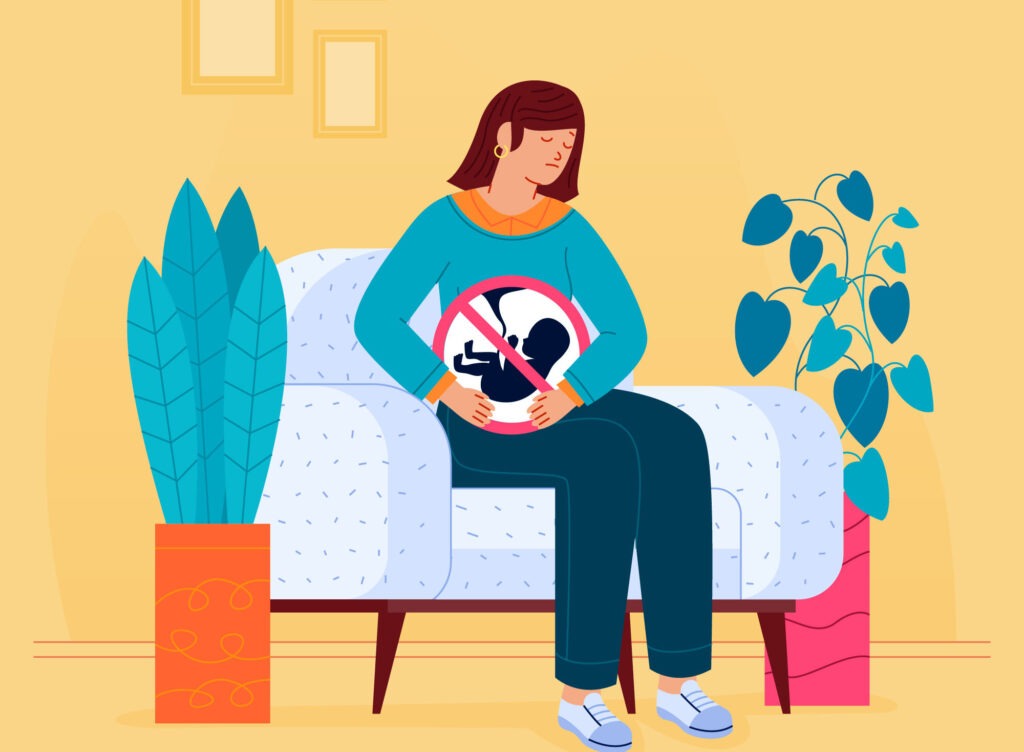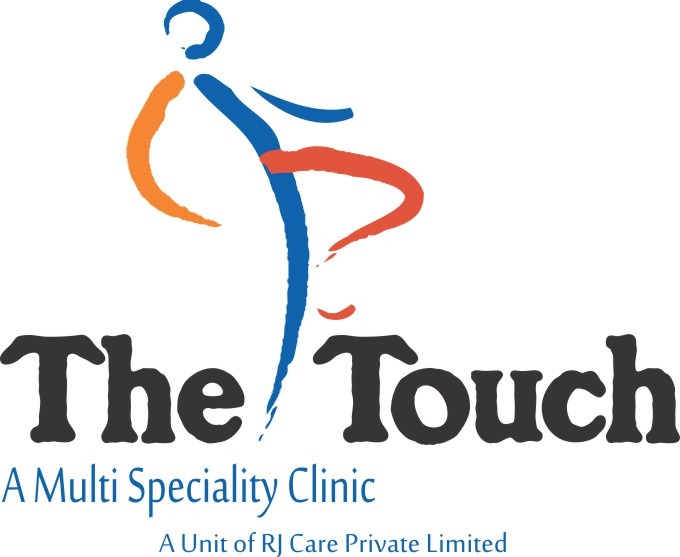Understanding Recurrent Pregnancy Loss: Investigating Causes and Treatment Approaches

Recurrent pregnancy loss (RPL), defined as the occurrence of three or more consecutive miscarriages before 20 weeks of gestation, is a devastating experience for couples longing to start or expand their families. While miscarriage is relatively common, affecting about 10-15% of recognized pregnancies, recurrent pregnancy loss presents unique challenges and complexities that warrant thorough investigation and personalized treatment approaches.
Causes of Recurrent Pregnancy Loss:
Understanding the underlying causes of recurrent pregnancy loss is crucial for effective management and prevention. Various factors contribute to RPL, including genetic abnormalities, hormonal imbalances, uterine abnormalities, autoimmune disorders, and lifestyle factors such as smoking, obesity, and advanced maternal age. Identifying the specific cause(s) through comprehensive evaluation and testing is essential for developing targeted treatment plans.
Treatment Approaches for Recurrent Pregnancy Loss:
Navigating recurrent pregnancy loss can feel overwhelming, but Dr. Preeti Jindal and the compassionate team at The Touch Clinic are dedicated to providing support and guidance every step of the way. With personalized care and cutting-edge treatments, they offer hope to couples on their journey toward building a family.
Treatment strategies for recurrent pregnancy loss aim to address underlying factors, optimize maternal health, and support successful pregnancies. Depending on the identified causes and individual circumstances, treatment approaches may include:
- Genetic Testing: Chromosomal abnormalities are a significant contributor to miscarriage. Genetic testing, including karyotyping and chromosomal microarray analysis, helps identify genetic anomalies in both partners and guides decision-making regarding fertility treatments or assisted reproductive technologies (ART).
- Hormonal Therapy: Hormonal imbalances, such as thyroid dysfunction or progesterone deficiency, can increase the risk of miscarriage. Hormonal supplementation or medications may be prescribed to regulate hormone levels and support a healthy pregnancy.
- Uterine Evaluation and Surgery: Structural abnormalities of the uterus, such as uterine septum, fibroids, or adhesions, can interfere with implantation and pregnancy maintenance. Surgical interventions, such as hysteroscopy or uterine septum resection, may be recommended to correct these issues and improve pregnancy outcomes.
- Immunological Therapies: In some cases, autoimmune disorders or immune dysregulation may contribute to recurrent pregnancy loss. Immunological testing and targeted therapies, such as intravenous immunoglobulin (IVIG) or corticosteroids, may be employed to modulate the immune response and reduce the risk of miscarriage.
- Lifestyle Modifications: Adopting a healthy lifestyle, including maintaining a balanced diet, regular exercise, managing stress, and avoiding harmful substances, can positively impact fertility and pregnancy outcomes. Smoking cessation, weight management, and limiting alcohol consumption are particularly important factors to address in couples with recurrent pregnancy loss.
Recurrent pregnancy loss is a complex and challenging condition, but with the expertise of Dr. Preeti Jindal, couples can find hope and resilience in their pursuit of parenthood. Together, they embark on a journey of exploration, understanding, and ultimately, the fulfillment of dreams. Schedule an appointment today!

 Robotic
Robotic


